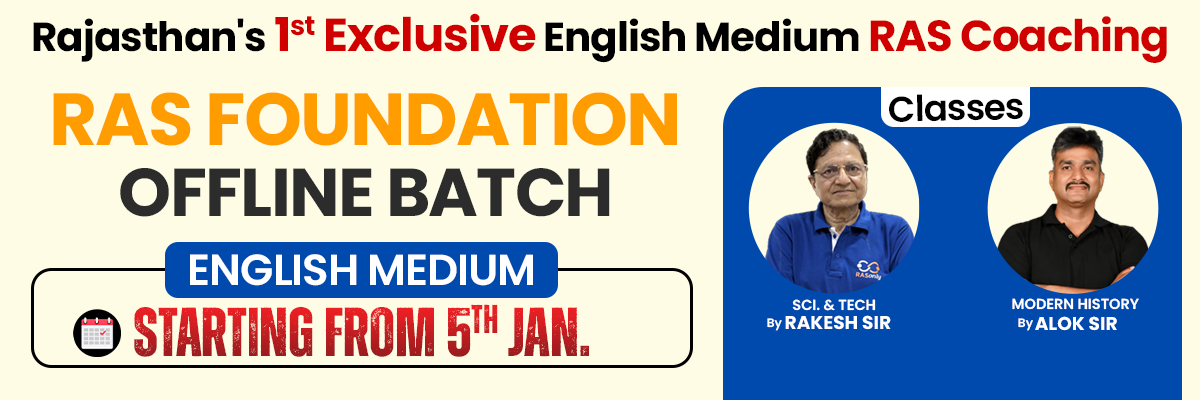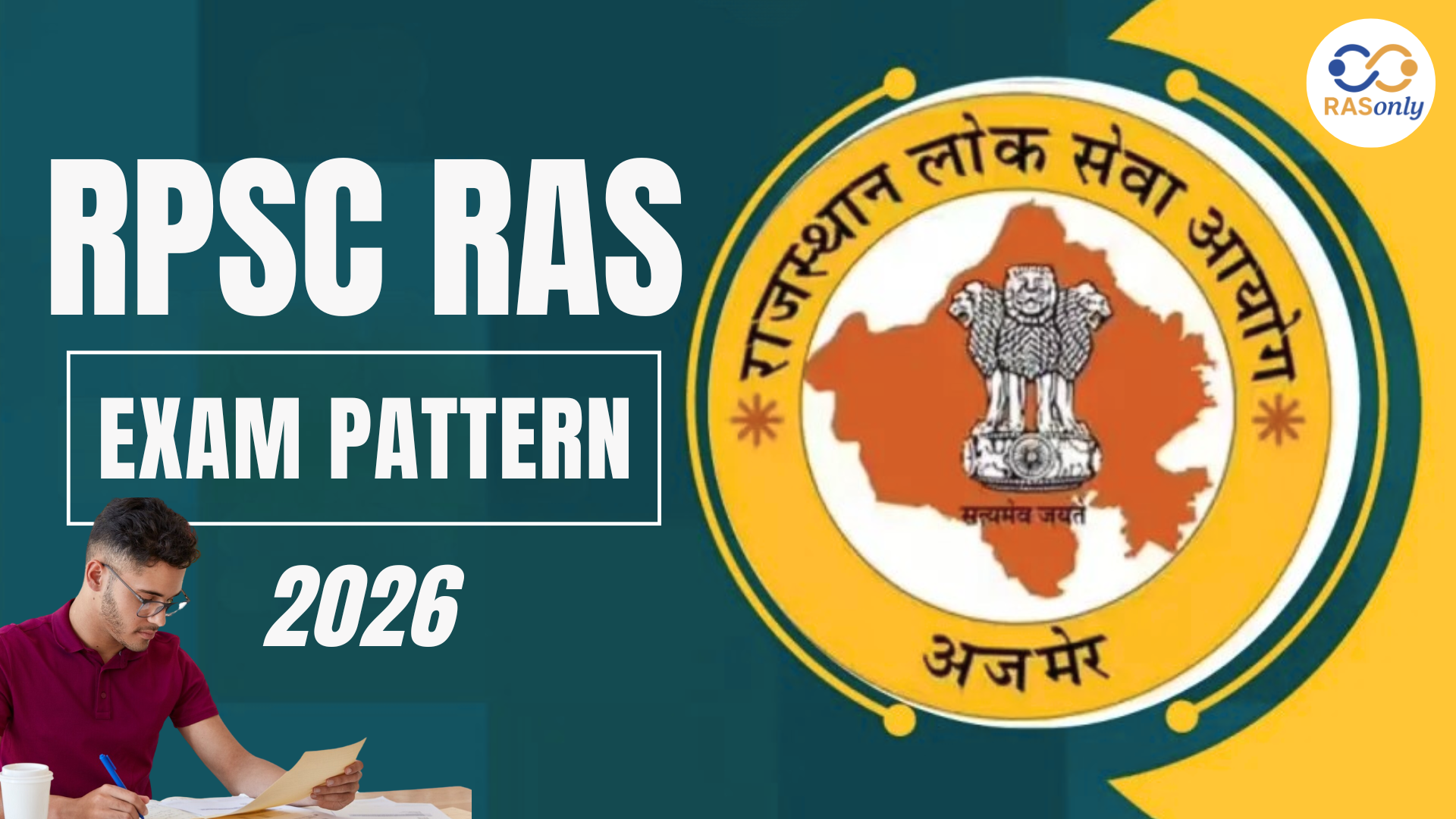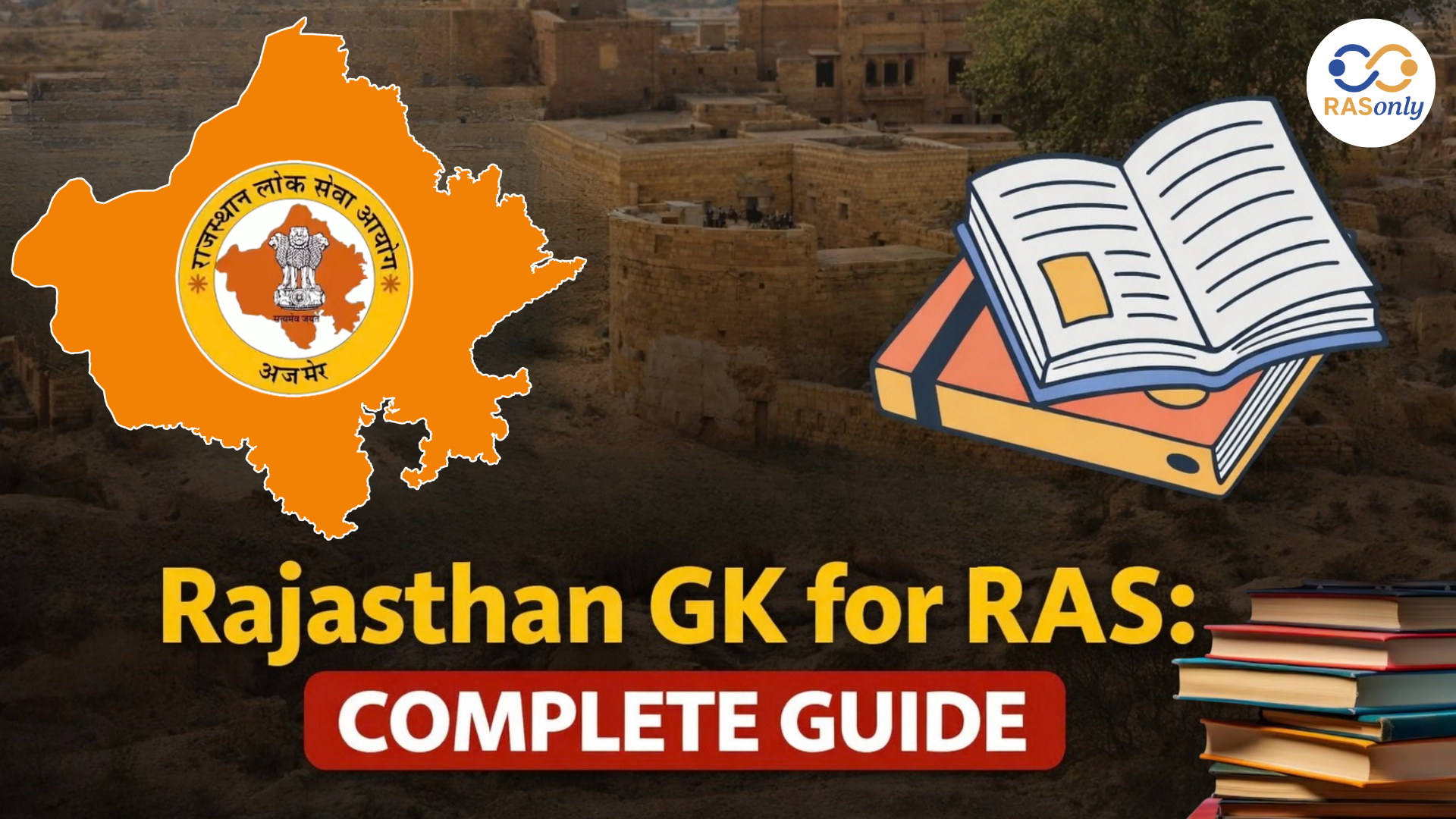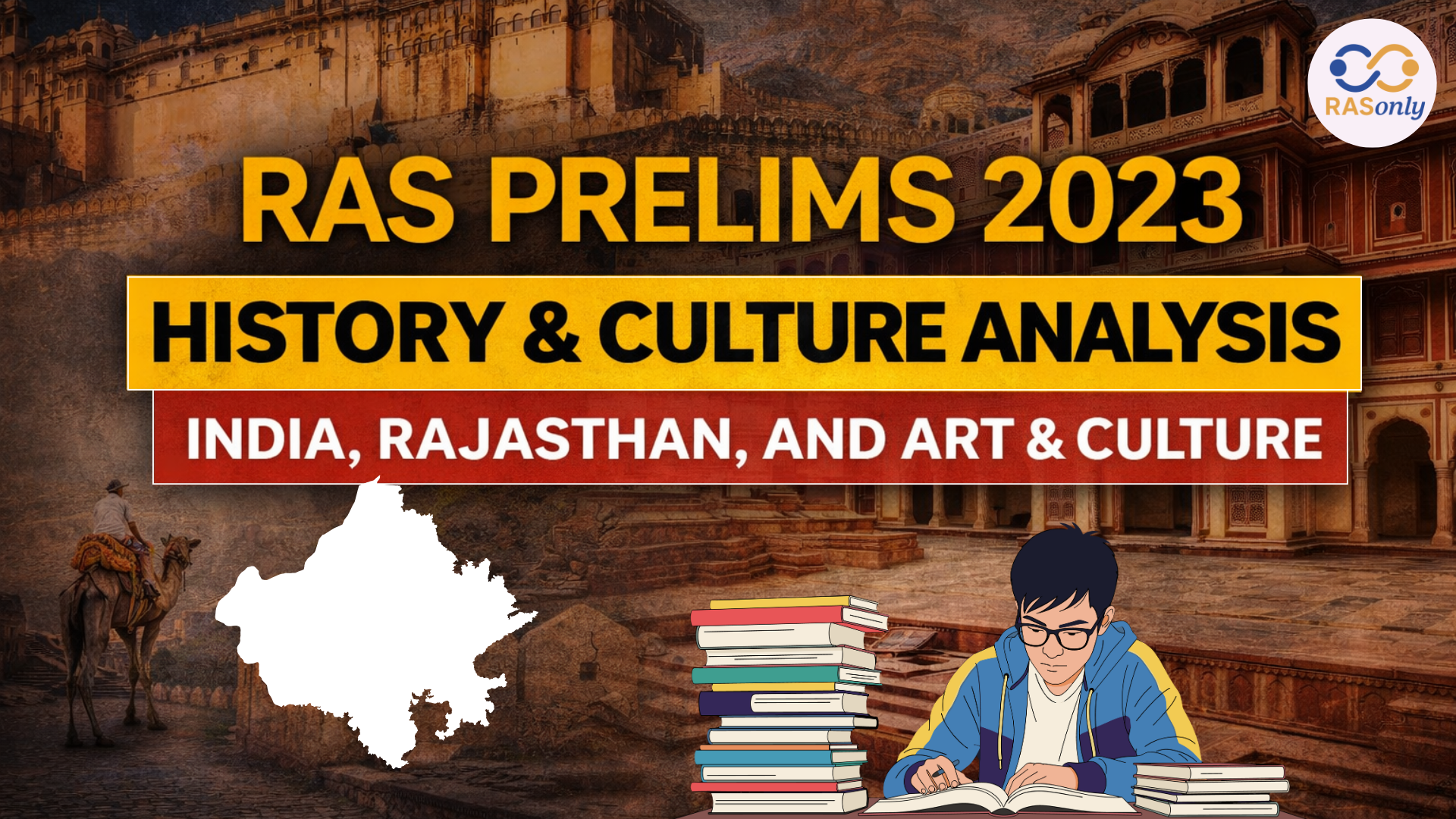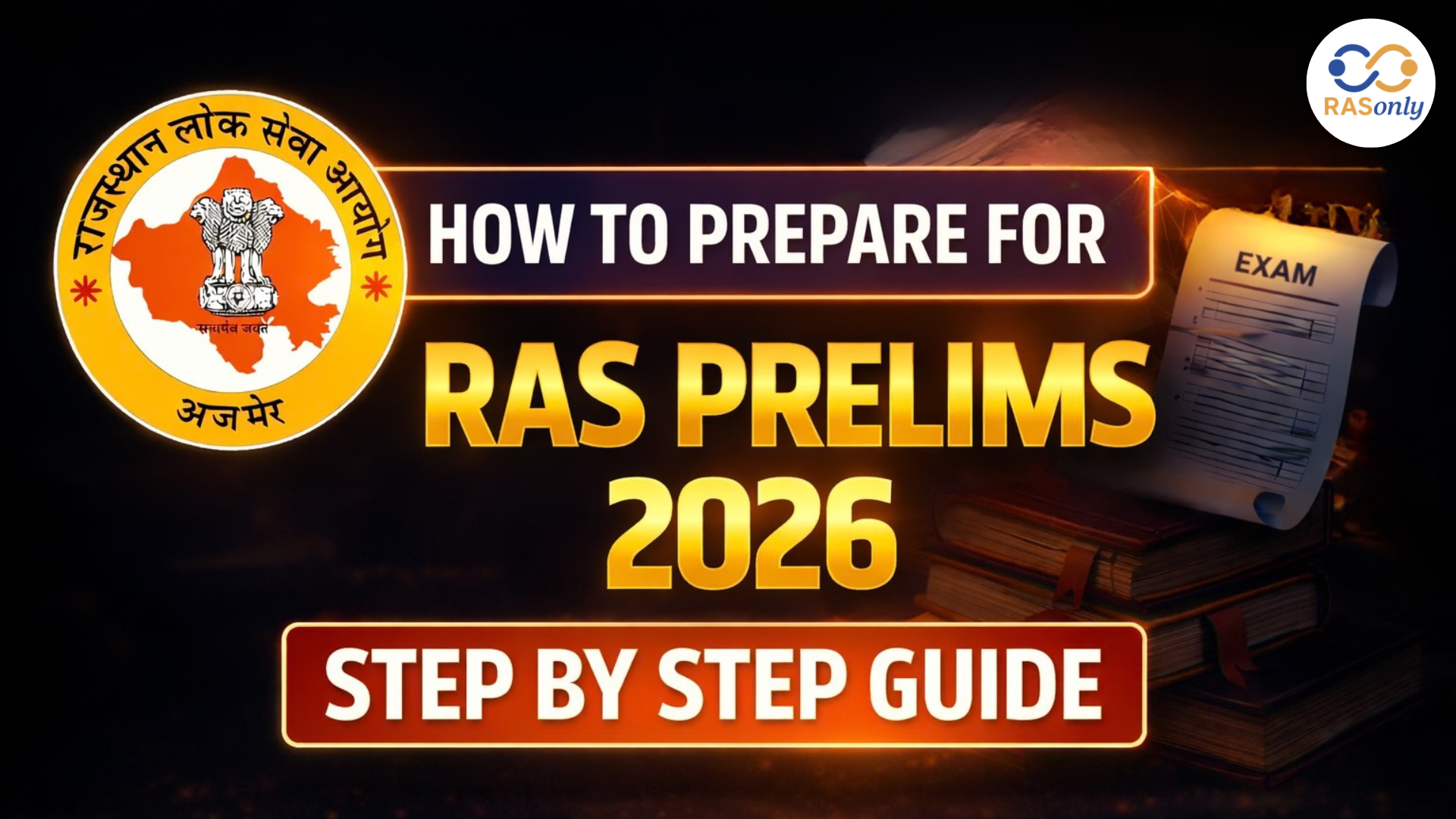RPSC RAS 2026 Subject Wise Exam Pattern for Prelims, Mains & Interview Details
- >
- RAS Preparation Resources
- >
- Good, Duty, and Virtue
Good, Duty, and Virtue

Get in Touch with RASonly!


Good, Duty and Virtue are three principles regarding moral philosophy that characterized his ethical life. “Good” is anything advisable or desirable which satisfies due to needs or desires. “Duty” refers to a moral or ethical obligation that is not subjective, that is, it is not dependent on one individual. The term “virtue” refers to a habit of mind acquired that unites the impulses with reason so as to achieve moral excellence. In combination, these two concepts create the model of individual behaviour, social responsibility and moral judgment.
Key Points for RAS Mains
What is good?
- Concept of Good
- Definition: thing useful, or serviceable, or of value; in ethics, moral qualities.
- History: It is a creation based on the German word Gut implying desirable.
- Form(s) of Usage:
- Objects of desire: As a noun: Objects of desire (e.g. wealth, health, courage).
- Morally good: as an adjective: of moral qualities.
- Classification:
- Relative Good -Wanted in order to obtain another good.
- Absolute Good (Highest Good) -good that is sought just because it is that also good- the end of human endeavor.
- Good as Means and End:
- Means: Measures to reach another good (e.g. wealth to reach happiness).
- End: It is the last end (e.g. happiness itself).
What is duty?
- Concept of Good
- Definition: That which one is morally or ethically obliged to do, a conception of moral obligation; the meaning of ought.
- Scope in Ethics: Wider than what is required by the law, it involves anything morally right.
- Philosophical Views:
- Greek Ethics: Ethical life of the attainment of the good as a virtue of courage, temperance and justice.
- Stoicism: Life is to be lived in harmony with the reason of all; goodness consists of virtue only.
- Kantian Ethics (Deontology):
- Moral worth of an act is possible only when it is done out of a sense of duty.
- Categorical Imperative: Orders without conditionality-” Do it because it is your obligation.”
- Conflict of Duties:
- It happens to occur when various obligations appear to be contradictory.
- The dilemma was solved when the absolute obligation was discovered self-realization and following the basic moral law.
What is virtue?
- Concept of virtue
- Definition: A refined inward〜preparedness to do what is morally dictated.
- Etymology: Latin: virtue The word is derived by Latin virtus and Sanskrit virya, both meaning bravery, excellence.
- Philosophical Views:
- According to Socrates, knowledge equals virtue and no one willingly embraces evil.
- Plato: Reasoning follows impulses, that is, Virtue; happiness.
- Aristotle: virtue is a habit of choosing; it pursues the Golden Mean in between opposites.
- Plato, Cardinal Virtues:
- Wisdom- Moral Perception and Sound Judgment.
- Courage -Doing right though afraid or hurting.
- Temperance - Control of self in terms of desires and pleasures.
- Justice- A balanced operation of intellect, sentiment and desire; equity within the community.
Distinction between Duties and Virtues
|
Duties |
Virtues |
|
Can be codified/formulated |
Cannot be precisely formulated |
|
Legally enforceable |
Not enforceable by law |
|
Determinate obligations |
Indeterminate moral inclinations |
|
Relates to what must be done |
Relates to moral excellence beyond obligation |
Note: From a moral perspective, duties and virtues are interconnected – both aim toward morally good conduct.
Conclusion
Good, Duty, and Virtue are the embodiments of the interdependence of moral concepts that, when simultaneously viewed, constitute ethical behavior. To be a morally good individual means to do what must be done and the execution of duties means that one possesses virtues. In short, all the three are co-extensive which were the moral basis of individual life and of social harmony
Also Read: Sanskritization – Meaning, Characteristics, and Effects
Post Category
- RAS Salary
- Result
- RAS Admit Card
- RAS Job
- RAS Cutoff
- Preparation Tips
- RAS Answer Key
- RAS Exam Analysis
- RAS Syllabus
- RAS Previous Year Papers
- RPSC RAS Exam Pattern
- RAS Interview
- RAS Mains Exam Date
- RAS Vacancy
- RAS Test Series
- RAS Best Books
- RAS Preparation Resources
- RAS Coaching Centre
- History
- Polity
- Geography
- Economics
- Science
- Art and Culture
- RPSC RAS Application Form
- RPSC RAS Notification
RASonly Interview Guidance Program

Mr. Ashok Jain
Ex-Chief Secretary Govt of Rajasthan
- IAS officer of the 1981 batch, Rajasthan cadre.
- Passionate about mentoring the next generation of RAS officers with real-world insights.
- Got retired in Dec 2017 from the post of Chief Secretary of the state of Rajasthan.

Mr. Guru Charan Rai
Ex-ASP / SP in Jaisalmer
- Guru Charan Rai, IPS (Retd), retired as Inspector General of Police (Security), Rajasthan, Jaipur in 2017.
- Served as ASP and SP in Jaisalmer, Nagaur, Sri Ganganagar, Sawai Madhopur, Dausa, Sikar, and Karauli.
- He also held key positions as DIGP and IGP in the Law and Order division.

Mr. Rakesh Verma
Ex-IAS Officer, B.Tech, MBA, and M.A. (Economics)
- IAS officer of the 1981 batch and retired in Chief Secretary Rank.
- Civil servant of high repute and vast experience.
- Has been teaching UPSC CSE subjects for the last six years.
Related Post
Daily Current Affairs for RAS Exam Preparation 2026

Rajasthan Pavilion Shines at Stone Mart Jaipur 2026
February 07, 2026
Rajasthan Achieves 3,000 MW Under PM-KUSUM Scheme
February 07, 2026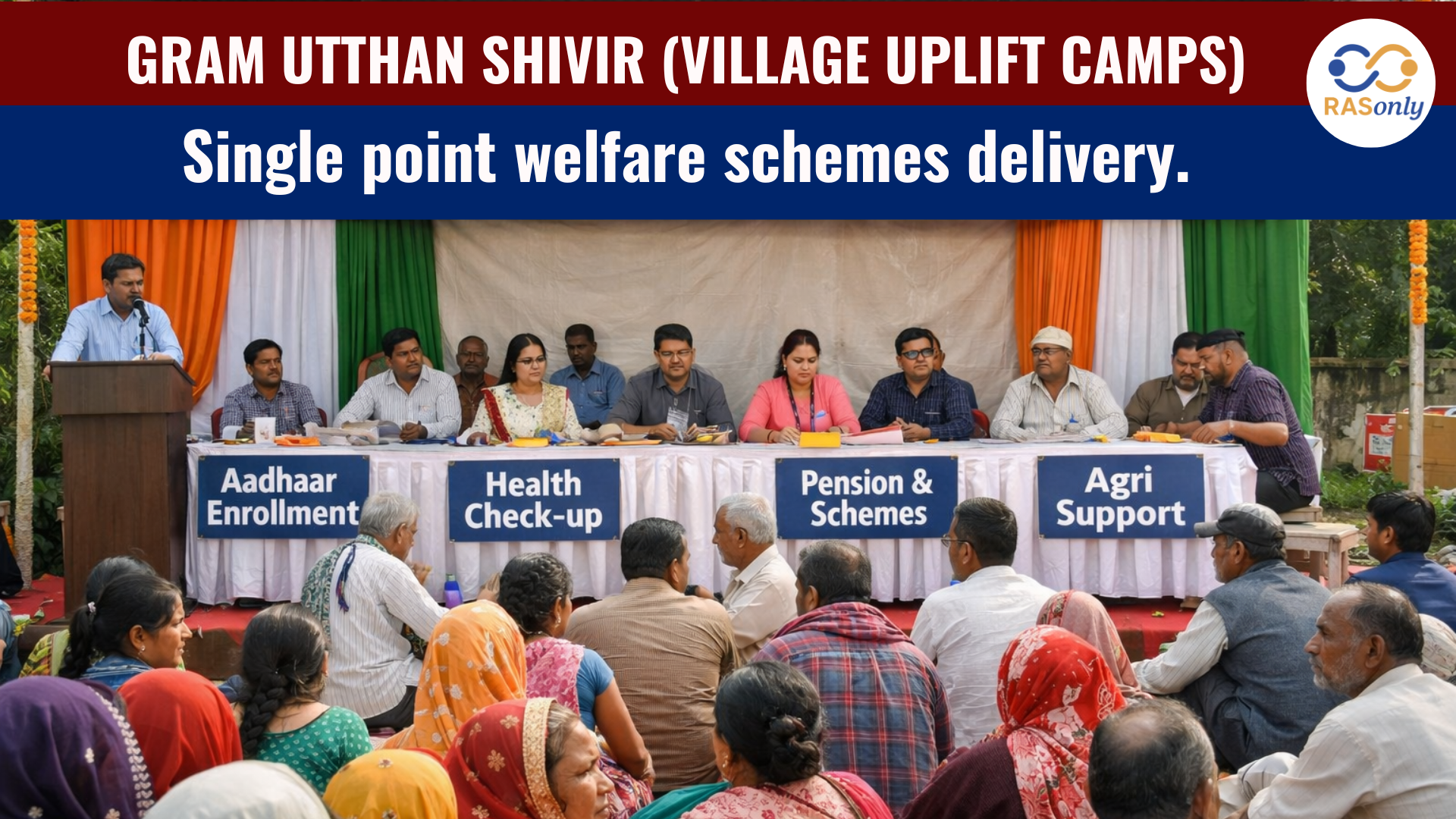
Gram Utthan Shivirs Strengthen Rural Governance in Rajasthan
February 07, 2026
Jaipur Badminton: 72-Minute U-15 Final Creates Record
February 06, 2026👉🏻 Register Today to Join Classes! 👍🏻
- Team RASOnly -
🎯 Benefits of RASOnly Coaching:
- ✅ 1:1 Mentorship with RAS Officers
- ✅ Experienced and Expert Faculty
- ✅ Free Library Access
- ✅ Daily Minimum 4 Hours Must
- ✅ Comprehensive Study Material
- ✅ Regular Tests & Performance Analysis
- ✅ Personalized Guidance & Doubt Solving
- ✅ Online & Offline Class Options
- ✅ Affordable Fees with Quality Education
Key Highlights:
- 👉🏻 3-Day Refund Policy
- 👉🏻 New Batch Starting from 04 August
- 👉🏻 Registration Amount: Only ₹1000




